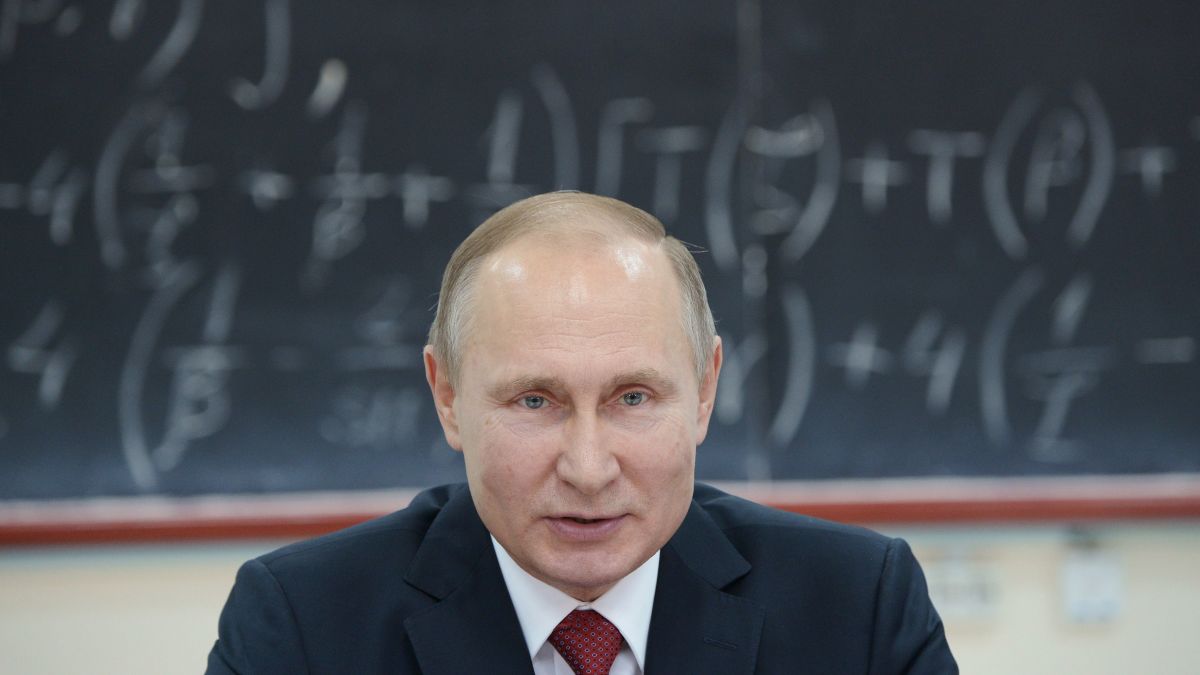Putin’s misadventure
March 28, 2018 | Expert Insights

Following a deadly nerve attack against a Russian spy in the UK, over 20 western nations have expelled Russian diplomats. While the details surrounding the attack remain murky, the move represents a consolidated show of displeasure by the West against President Putin.
Background
Russian President Vladimir Putin was recently re-elected into power with a landslide 75.9% of the vote. The President, who was an active member of the KGB for 16 years, will remain in power until 2024. Putin has been criticized as an autocrat. International observers have noted that Russia has seen increased corruption and declining democracy under Putin’s rule. A number of his most vocal critics died under suspicious circumstances, and he has been accused of human rights violations. The President has denied all allegations.
Under Putin, Russia’s relations with the West have been strained. Russia faces sanctions from a number of Western countries, including the United Kingdom, over the annexation of Crimea. The country stands accused of numerous cyber-attacks including the NotPetya virus, and election interference in the 2016 US presidential elections. Some have accused the country of enabling the use of chemical weapons in Syria by vetoing an independent UN inquiry into the issue.
The Skripal spy attack
In March 2018, Sergei Viktorovich Skripal, a former Russian military intelligence officer turned spy for Britain′s intelligence services, was attacked. He and his daughter were found unconscious after falling victims to a poison attack. It was later revealed that they were attacked by a nerve agent. Skripal and his daughter, Yulia both were hospitalized, critically ill. In addition, three police officers who responded to the crime scene also required treatment for breathing difficulties.
UK Prime Minister Theresa May has stated that since the origin of the nerve agent is from Russia, it is highly likely that Kremlin was behind the attack. She said that the spy had been attacked by a “military-grade nerve agent of a type developed by Russia” and called it an “indiscriminate and reckless act against the United Kingdom”, as well as a “brazen attempt to murder innocent civilians on our soil”. She has called for a “long term response” to the threat posed by Russia. The UK has called for the Organisation for the Prohibition of Chemical Weapons to investigate the issue.
Analysis
Russia has denied all allegations that it is responsible for the attack. Maria Zakharova, the spokeswoman for the Russian foreign minister, called May’s remarks “a provocation” and described the event as a “circus show in the British parliament”. President Putin added that the allegations were “nonsense”, particularly as they took place only days before the Russian presidential elections were due to be held.
According to reports, the country has spread a number of conflicting theories regarding the incident, spread in an attempt to divest blame. One Russian scientist told media that he had worked on the nerve agent used in the attack (Novichok), however, his statement was soon taken down.
Since the incident, over 20 Western allies have expelled more than 100 Russian diplomats from their soil. This move was led by the UK, who also reportedly shared “unprecedented degrees of intelligence” about the attack with allies. UK Prime Minister May stated that this was “a message that we will not tolerate Russia’s continued attempts to flout international law and undermine our values.” The move has been labelled a “diplomatic coup”.
These “diplomats” are largely intelligence operatives. 12 of the 60 diplomats asked to leave the US were intelligence operatives who “abused their privilege of residence in the United States,” according to the State Department. It has been observed that the expulsion could therefore have a negative impact on Russian intelligence operations.
The media has compared the current tensions between NATO countries and Russia to the Cold War. Analyst Fyodor Lukyanov wrote in the Vedomosti daily that “Relations between Russia and the West are entering a period of full cold war.” Others such as Malcolm Craig from Liverpool John Moores University, disagreed. “[Russia] is much more tightly integrated into the global economic system than the USSR was, making it more susceptible to economic pressure,” Craig told the BBC.
Russian authorities have called the Western response “provocative”, and stated that it is “a continuation of… confrontational policy to escalate the situation.” The UK Russian Embassy took to twitter to add that the response against Russia was far from worldwide, stating, “Can you imagine the world without China, India, Pakistan, Arab nations, S. America, Africa and half of Europe? No.”
Assessment
Our assessment, as stated previously, is that this incident demonstrates Western concern over the threat posed by Russia. It is unlikely that Russia was prepared for a response of this scale. Additionally, it is not yet clear what the nerve attack was to achieve. We believe that one possibility is that the move was orchestrated to compel Russian oligarchs to bring money back to Russia. Another possibility is that the attack was meant to send a message about Russian influence on foreign soil. However, this may have backfired. Has Vladimir Putin overplayed his cards?








Comments